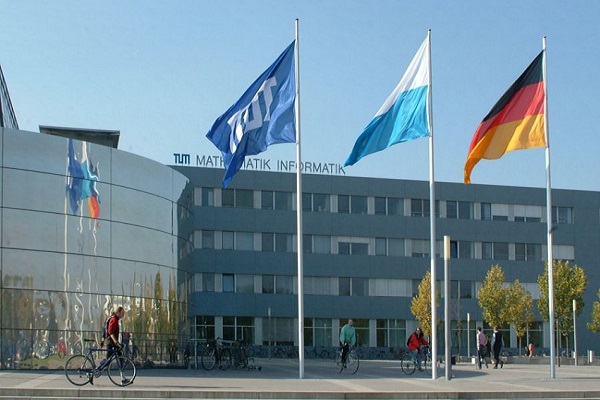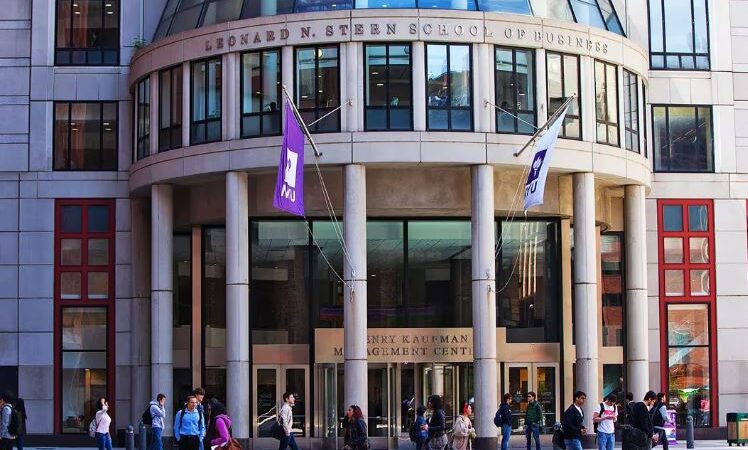Exploring Excellence: A Comprehensive Overview of the National University of Singapore

Introduction
The National University of Singapore (NUS) stands as a beacon of academic excellence not only in Asia but globally. Established in 1905 as a modest medical school, NUS has grown into a comprehensive research university renowned for its innovation, diversity, and commitment to education. This article delves into the rich tapestry of NUS, examining its history, academic prowess, research contributions, campus life, and global impact.
A Brief History
NUS’s journey began with the establishment of the Straits Settlements and Federated Malay States Government Medical School in 1905, which later evolved into the King Edward VII College of Medicine. Over the decades, the institution expanded its offerings and scope, culminating in the formation of the University of Malaya in 1949. In 1980, NUS emerged as an autonomous university, further solidifying its identity as a premier institution of higher learning.
Academic Excellence
NUS is celebrated for its comprehensive academic programs spanning various disciplines. The university comprises 17 faculties and schools, including the Faculty of Arts and Social Sciences, Yong Loo Lin School of Medicine, School of Business, and School of Computing, among others. Each faculty and school is dedicated to fostering academic rigor, critical thinking, and interdisciplinary collaboration, preparing students for leadership roles in diverse fields.
Research and Innovation

Central to NUS’s global standing is its robust research enterprise. The university is at the forefront of groundbreaking research in areas such as biomedical sciences, engineering, social sciences, and sustainability. NUS houses numerous research institutes and centers, facilitating interdisciplinary research that addresses complex global challenges. Notable achievements include advancements in quantum computing, artificial intelligence, and sustainable urban development.
Global Impact
NUS’s influence extends far beyond Singapore’s borders, with extensive international collaborations and partnerships. The university attracts top-tier faculty and students from around the world, fostering a vibrant intellectual community. NUS’s alumni network spans continents, with graduates making significant contributions in academia, industry, government, and the arts globally. The university’s global outlook is further reinforced through its strategic alliances with leading universities and research institutions worldwide.
Campus Life and Diversity
NUS boasts a dynamic and inclusive campus environment that nurtures holistic development. The university’s sprawling campus, nestled in Kent Ridge, provides state-of-the-art facilities, student residences, and recreational spaces. Beyond academics, NUS offers a myriad of extracurricular activities, including student clubs, cultural events, and sports tournaments, enriching the student experience and fostering lifelong friendships.
Commitment to Sustainability
As a leading academic institution, NUS is committed to sustainability and environmental stewardship. The university has implemented numerous initiatives to reduce its carbon footprint, promote eco-friendly practices, and engage the community in sustainability efforts. NUS’s efforts in sustainability research and education empower students and faculty to address pressing environmental challenges and contribute to global sustainability goals.
Challenges and Future Directions
While NUS has achieved remarkable success, it faces challenges such as maintaining academic excellence amid global competition, fostering innovation in a rapidly evolving landscape, and addressing societal issues through research and education. Looking ahead, NUS is poised to expand its global footprint, strengthen interdisciplinary research collaborations, and uphold its commitment to excellence and inclusivity.
Conclusion
The National University of Singapore stands as a testament to the transformative power of education and research. With a distinguished history, world-class faculty, and a diverse student body, NUS continues to redefine academic excellence and innovation in the 21st century. As it navigates future challenges and opportunities, NUS remains steadfast in its mission to shape future leaders and make a positive impact on society, both locally and globally.
In conclusion, the National University of Singapore exemplifies a commitment to excellence, innovation, and inclusivity that positions it as a global leader in higher education. From its humble beginnings to its current stature as a powerhouse of research and learning, NUS continues to inspire and empower generations of students and scholars worldwide.





